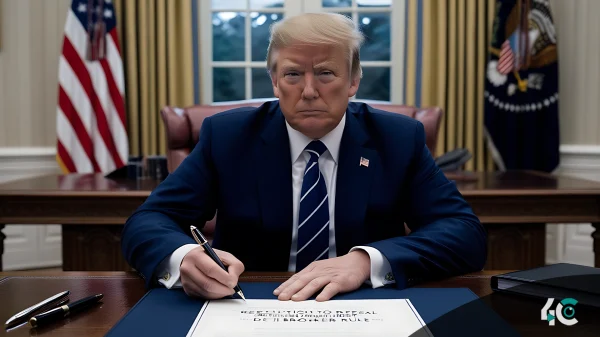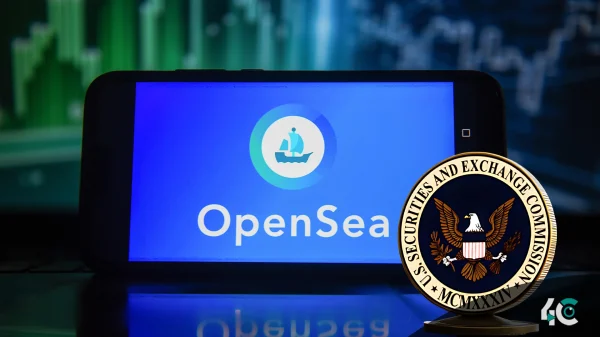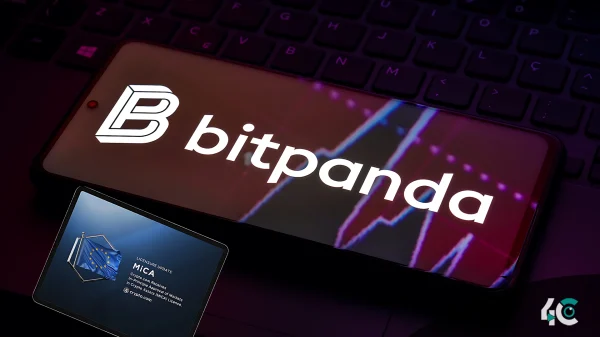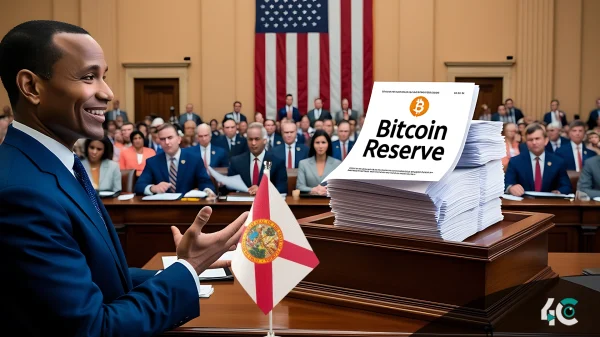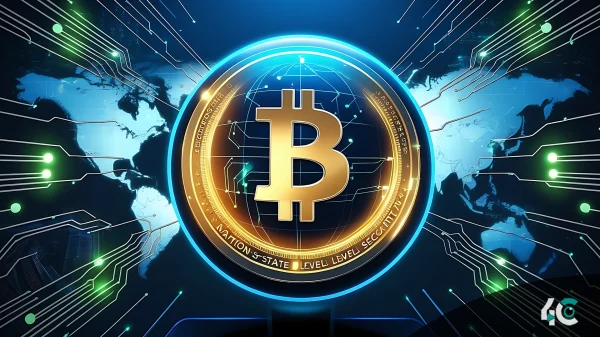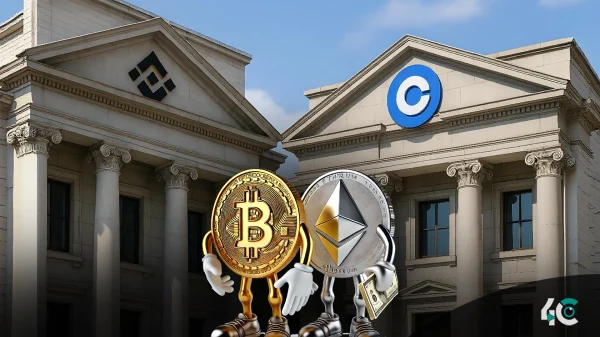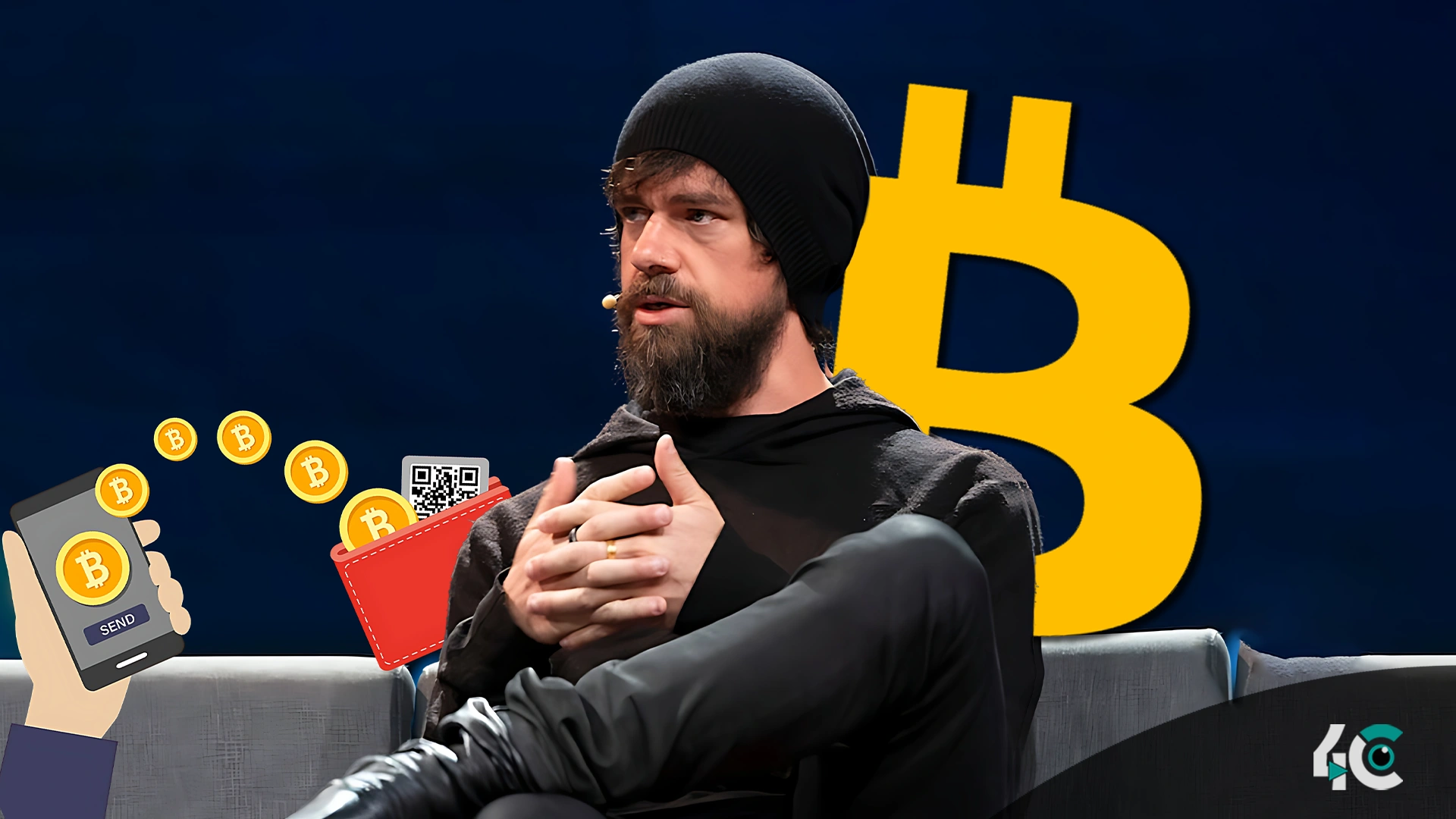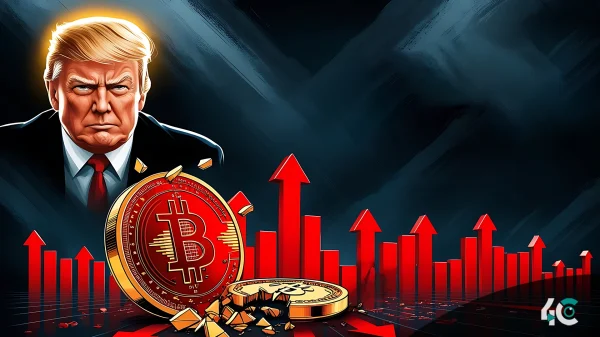Jack Dorsey, co-founder of Twitter and a staunch advocate for Bitcoin, is pushing Signal Messenger to adopt Bitcoin as its default payment method for peer-to-peer (P2P) transactions. On April 9, Dorsey replied to a post on X from Bitcoin developer Calle, agreeing that Bitcoin is natural for private messaging, which is Signal’s domain. Dorsey, who co-founded Twitter and is a strong supporter of Bitcoin, commented, “Signal should use Bitcoin for P2P payments,” across a tweet on X.
At present, Signal allows payments only via Sentz, previously MobileCoin, which is a privacy coin. Sentz, renowned for its anonymity, has faced criticism for its lack of transparency and initial controversies. People think Bitcoin’s global identity and acceptance, coupled with its better security, can be a great substitute for privacy-designated Signal payment’s Sentz (a.k. MobileCoin) crypto.
Sentz, renowned for its anonymity, has faced criticism for its lack of transparency and initial controversies. Ghtspark supports the proposal, too. Marcus, who headed Facebook’s failed Libra, now peddles Bitcoin as the future of digital currency. He believes that all non-financial apps should integrate Bitcoin to facilitate payments.
Signal is renowned for its comprehensive end-to-end encryption in messaging and its no-log policy. It should let users pay using Bitcoin as an option. Incorporating the Bitcoin feature will enhance Signal’s privacy features while offering users a blockchain-independent, censorship-resistant way to send money globally without intermediaries.
This push to incorporate Bitcoin extends beyond Signal. Telegram has a cryptocurrency called Toncoin, and there are speculations that Elon Musk’s X app could launch its own cryptocurrency, although he has denied these claims. Telegram has a cryptocurrency called Toncoin, and there are speculations that Elon Musk’s X app could launch its own cryptocurrency, although he has denied these claims.
hange, the Signal app integrating the coin may change how people send and receive money online. Enabling secure, private, and decentralized transactions with Bitcoin, users could manage freely without third-party interference. Such an arrangement would further elevate Bitcoin’s importance in the global economy.


